Online privacy is why Sweden wins the internet


This post was originally published on January 5, 2016.
Sweden always seems to be at the forefront of any discussion about privacy laws on the internet. The Swedish government places no restrictions on internet use.
Even in the wake of the Edward Snowden revelations, there have been no credible reports that emails and chats of Swedish citizens have been monitored without proper judicial authorization. In fact, the OpenNet Initiative (ONI) keeps no file on Sweden at all.
Knowing me, not knowing you
Sweden has a long history of privacy laws. As early as 1973, it became the first country in the world to enact a comprehensive statute that protects the privacy of personal data on computers.
Sweden’s commitment to privacy is so enshrined that when the EU passed the 2006 “Data Retention Directive,” the Swedish government decided not to play ball.
The Directive required EU states to ensure all national Internet Service Providers (ISPs) retain logs of their customers for the purposes of “investigation and prosecution.” This data was required to be kept for a minimum of six months, and the mass harvesting was to begin no later than September 15, 2007.
Fast forward to 2010 and, after three years of feet dragging, Sweden was taken to court by the European Commission (EC) because it had yet to implement the directive.
A good kick in your privacy regions
The EC sought a fine for every day Sweden had not had the law in place. Obviously, the court action was a kick up the backside, and the Swedish government has towed the line ever since.
Just kidding! Of course, they haven’t. It would take a further two years of Sweden clinging to Lady Liberty, screaming “Don’t Wanna! Not Gonna!” before anything changed. The requirement was finally put in place in 2012, but not before Sweden was forced to pay a hefty €3m fine to the EC. The lengthy delay was caused by arguments over how best to balance privacy laws and the desire to combat crime. Or, by being a responsible government.
But this little dance didn’t end there. In 2014, the Court of Justice of the European Union (CJEU) invalidated the Data Retention Directive. The court found it seriously interfered with human rights.
Pretty much as soon as the ruling was announced, Bahnhof (one of Sweden’s leading ISPs) started destroying all the data it had been obliged to hold. Bahnhof CEO, Jon Karlung, also said that Bahnhof would stop retaining new data with immediate effect.
Of course, the EU demanded that Bahnhof had to start harvesting data again, but the Swedish government had no intention of forcing them to do so.
Sweden started its internet existence the right way, and it seems like the country is prepared to stand its ground to keep it that way.
Super Trouper, Google’s gonna find me
Back in the '90s, the public was just getting onboard with the internet, but they weren’t really sure what to do with it. Was it another passing fad, like Betamax or the Cabbage Patch Kids?
In the early days, the internet was very much like Tor is now (a service we’ll come back to shortly). It was wild and free, but if you wanted to go to a specific website, you had to remember the whole URL address. Sometimes really long ones too. Remember the GeoCities chat groups? It required a Derren Brownesque display of mental prowess just to even turn up at the right place.
Search engines eventually arrived to add a structure that made sense to people. Algorithms indexed the content of the internet, making it accessible to everyone who could type a word or two into a search bar.
But it was Google who emerged as everyone's de facto homepage. Google control 65 percent of internet searches, and their influence is staggering.
Naturally, this doesn’t give them a free pass in Sweden. When Google Apps breached the nation’s privacy laws, they were promptly banned. Because the first rule of the internet in Sweden is that you don’t mess with the internet in Sweden.
The internet started early in Sweden
Sweden adopted the internet early due to standing regulations that promoted competition across the country. This meant internet access costs were (and still are) way below the global average.
The take-up was so high that the government started to move its services online, long before any other even thought about it. In 2003, Sweden created the first internet Task Force, which in turn came up with the Sweden Electronic Communications Act 2003: 389.
This act was aimed at ensuring private individuals, legal entities, and public authorities had secure and efficient access to the internet. Not only were they looking to protect users, but also make the internet more robust and accessible. In 2008, when everyone else was still buying their books from real book shops, Sweden headed the UN’s e-government readiness test. Because of course they did---they’d been doing it for five years already.
Sweden and the Tor network
Tor has taken the crown from computer games as the go-to scapegoat of choice for lazy politicians looking to overreact about something. The Tor network is the anonymous, uncategorized service that you may know as the Dark Web. But it’s not just full of criminals and girls with dragon tattoos, it’s where the discerning internet user goes when they don’t want to be spied on. Coupled with a VPN service, Tor is utterly impenetrable. No matter how hard the NSA tries to crack it.
Researchers from the United States Naval Research Laboratory developed Tor as a safe way to transmit US intelligence around the world. The reasons for opening Tor up to the public are as schizophrenic as they are genius. Despite being Tor’s loudest critic, the U.S. remains its largest contributor. Closely followed by... Sweden. A branch of the Swedish government, SIDA, has a goal of promoting “Internet Freedom for Global development”.
But why do Sweden they care so much about not just their own privacy, but the rest of the world’s too?
This is the internet, so the answer is obviously Hitler
It all began long before the internet existed. In 1766, Sweden became the first country to introduce a constitutional law which abolished censorship and guaranteed freedom of the press. The press were allowed to report without hindrance and people could speak their minds without fear of reproach. Everything was awesome.
But then the Nazis showed up. The Nazis pressured Sweden to not publish anything which made the Third Reich look bad. In a move which must have had him rubbing his hands and cackling with evil glee, the German Minister of Justice at the time dug up an old Swedish law which prohibited “offensive writings” against a foreign state. A law presumably introduced because Sweden is lovely and didn’t want to be rude.
Many Swedish authors and publishers fell foul of this blatant misuse of power. Ture Nerman got three months in prison for an anti-Hitler column and Israel Holmgren had his book The Nazi Hell pulped (after he was locked up for writing it, of course). In a magnificent bit of ballsy defiance, Holmgren he immediately re-published the book, upon release from prison. Though with a new, ironic title, The Nazi Paradise.
After WWII, the Swedish changed and deleted the old censorship laws, lest any future fascist dictator tries to turn their own politeness against them again. A new privacy charter was drawn up, which means today there is absolutely no censorship in Sweden at all.
I was in your arms, thinking I belonged there
As suggested by the SIDA program mentioned earlier, Sweden doesn't just take care of themselves. Internet privacy is a global concern, after all.
When WikiLeaks and Edward Snowden dropped the snoop bomb on the world, it was Swedish ISP Bahnhof (the same provider who destroyed all their customer records) that Julian Assange trusted to keep the whistleblowing documents safe. Assange specifically mentioned the Swedish constitution, which gives total legal protection to information providers, as a factor in his decision to host the files there.
Also, the servers were installed in a secret underground mountain bunker. And if you’re going to take on the world’s governments, you might as well get yourself a sweet lair.
The Swedish approach to privacy and freedom of speech was instrumental in getting the word out there. We had no idea as to the scale of the snooping until WikiLeaks showed us. Thanks to a brave few individuals, big governments have been rumbled and exposed.
Why privacy is the King of Sweden
Why is Sweden at the forefront of the internet and its laws? There’s no single reason. But the Kingdom has a long and proud history of free speech. And their torrid time next to Nazi Germany no doubt strengthened their desire to stick it to the man. The early adoption of the World Wide Web meant Sweden created an infrastructure while most countries were still waiting for Mom to get off the phone so we could plug in the 48k.
Perhaps there's a sense in Sweden that they were there first, and they want to keep it like it used to be. Their well-endowed government got involved early, long before it was all about the spying, controlling, and selling. They did it right in the innocent days, back when email was just a good idea to save paper, and no Nigerian Prince desperately wanted to give you free money. The rules were in place before the system got corrupted.
Simply, the internet in Sweden started right and now they don’t want to go backward. Why should they? The people that work in the Swedish government today grew up with this system. They don’t know another way. And their way works.
Sweden has consistently been a vocal proponent of internet privacy. And the true internet, to boot. The internet without censorship. The internet as it is meant to be. This is the internet that was supposed to be for everyone.
Sweden, we all salute you. And thanks for
.Take the first step to protect yourself online. Try ExpressVPN risk-free.
Get ExpressVPN




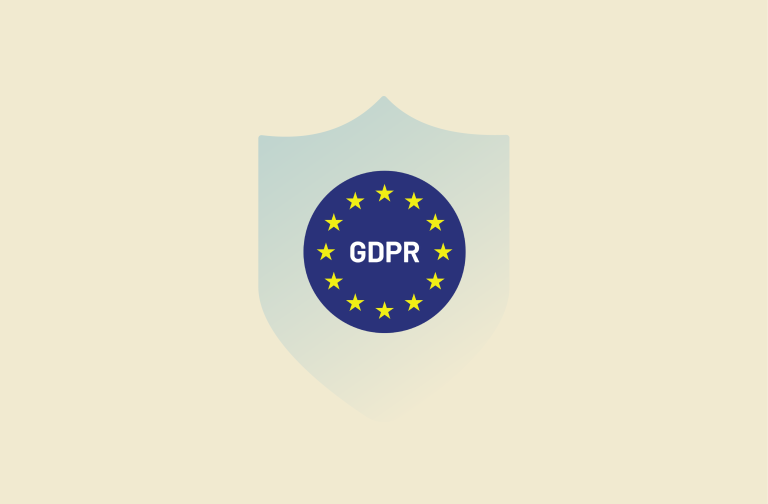
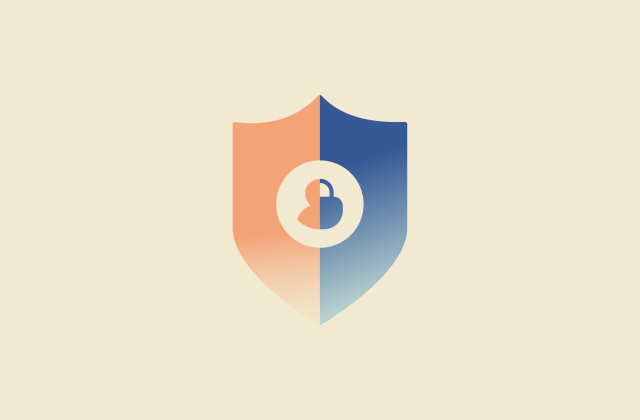
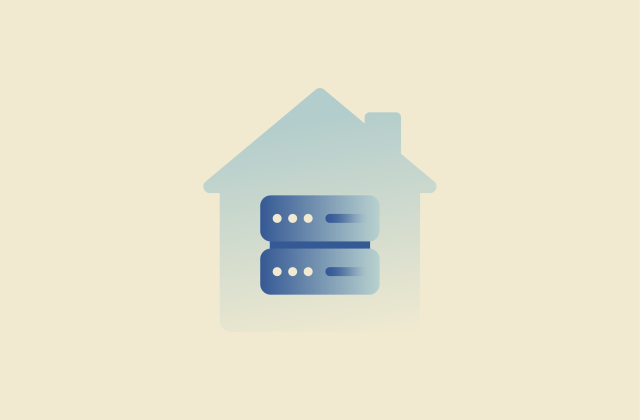

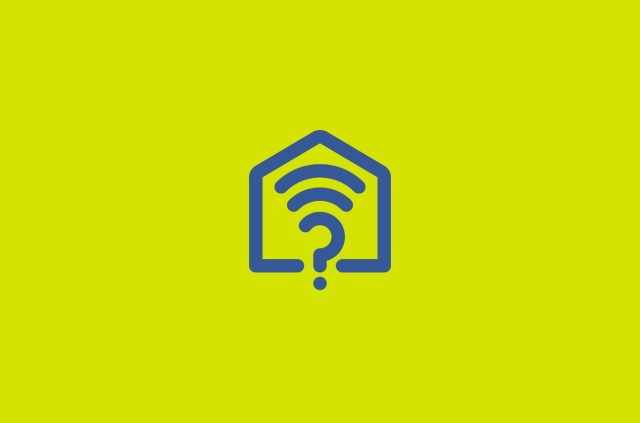

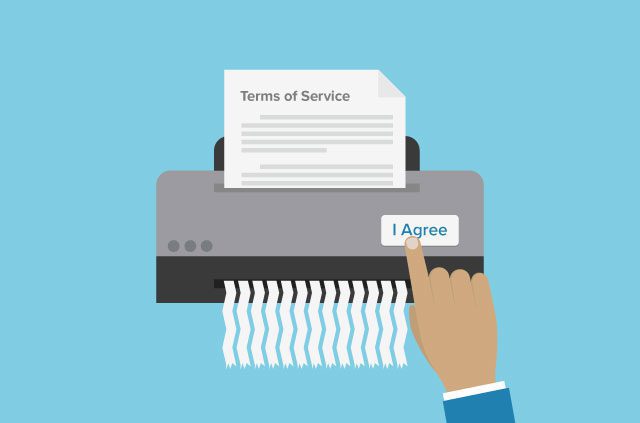


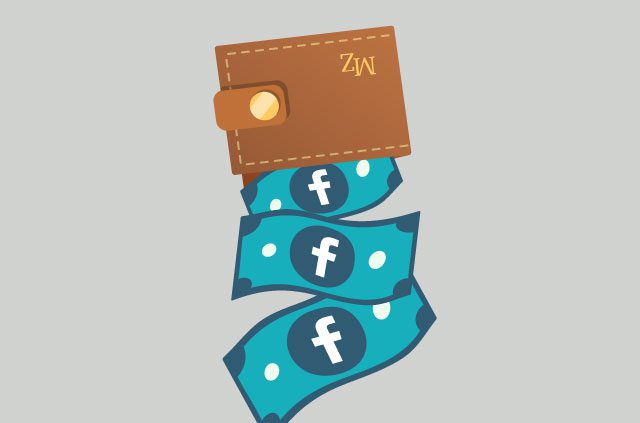
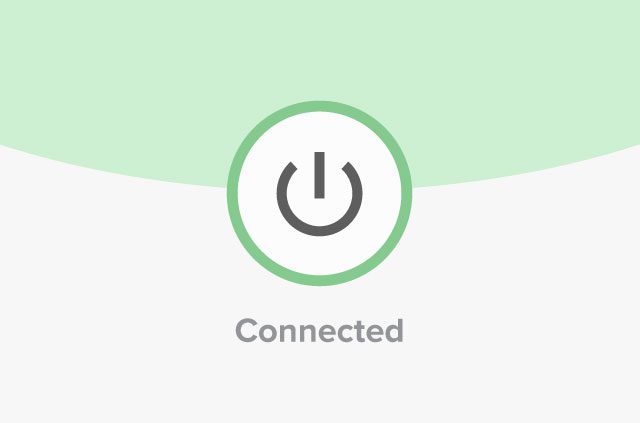





Comments
You've convinced me. I'm dying my hair platinum blonde and moving to Sweden. It's the only country I've heard of that cares so much about not only their citizens' privacy, but the privacy of everyone, everywhere. Truly noble. I am now more enlightened than I was 5 minutes ago. Great article!
We'll see you there. Save us a spot in the sauna!
Isn't that Finland? Do you guys even geography?
Jason, we Internet. But we are fairly confident that Sweden is Sweden, and not Finland.
We have saunas in Sweden as well but maybe not to the extreme to have every home fitted with one ;-)
Wow, I thought it was Finland. Thanks for the post.
There is heavy speech censorship in Sweden. Swedish politicians in recent years have attempted to enact a law making it illegal to criticize politicians (but it wouldn't apply to them, so they can keep calling any politicians who don't agree 'Nazis' or 'Racists' or fascists. They have attempted to make a law that only "Established Media Companies" can post news articles about crime or perpetrators with that very vague wording "established" and anyone who violated the law could get 4 years in prison. The journalists working for whoever they decide is "established" would be exempt from this law. Websites the govt hates would be subjected to a separate set of rules. Bloggers would be totally screwed. They may have actually passed this law, because mainstream big media sometimes posts pictures of convicted criminals, but a website run by an individual that posted mugshots of rapists was deleted and police were searching for the person who ran the website. Police said it was the most "charges" against one person for this 'crime' they ever had. What does one consider censorship?? A 78 year old man posted that he did not like islam because of the way women are treated and he was arrested. They are constantly arresting men and women in their 70s and 80s for posting what they think about that religion here in Sweden. Someone else decides what is okay to talk about, or what kind of "art" is unacceptable. The PISS JESUS art exhibition was praised, but an artist named Dan Parks was arrested for 'racism'. Art minister said "he is the worst kind of artist and must NOT BE ALLOWED to continue". Freedom of the press, speech and expression is an illusion in Sweden. The Swedish Govt (Stefan Lövfen) threatened to file a lawsuit against DailyMail.co.uk unless they blocked Swedish IPs from accessing articles related to a certain crime here. DailyMail said no, but then relented. The murder of a young woman working in an asylum seekers accommodation for unaccompanied "minors". The man who stabbed her death had claimed to be 16, but had already applied for asylum in France 3 years earlier with paperwork showing he was 22. He was rejected, and so came to Sweden and claimed to be 15 or 16 - since Sweden thinks it makes people "feel bad" to challenge the age of grown men claiming to be 14, they do nothing. In addition, checking his fingerprints gave them all the info they needed within a week - but they never bother to do that when they arrive. A young woman is dead, the other employees said she never should have been there alone, it is against the law, they complained constantly - but then the news posted an article where some moron who works there said "we're never here alone" - although the victim clearly and obviously WAS. The problem is thousands of grown men claiming to be children, perpetrating heinous crimes, living in luxury accomodations, receiving tons of money - but Swedish govt pretends like that is not true - and rather than tell the truth - they threaten lawsuits to hide it. Doesn't sound like the least censored place on earth. In fact, I was shocked when I understood how regimented it is here - how media groups just act as mouth pieces for the govt - claiming they would never post a photo of someone arrested, but not convicted - but always posting the photo of Swedish people arrested and never posting photos of non Swedes even when convicted. Look up Vitpixel - they pixelate the photos using giant pixels to eliminate completely all features (of some pics) and using colors that lighten the skin. It's outrageous. They just want to hide problems with crime and violence here which is endemic.
Propagandic horseshit. "No country protects your privacy more than Sweden does" ss this a fucking joke? Sweden is one of the worst places in the first world when it comes to privacy, every citizens personal information, phone numbers, addresses and financial ifnormation is public to anyone on the internet to look up . Do some fucking research you hack "journalist".